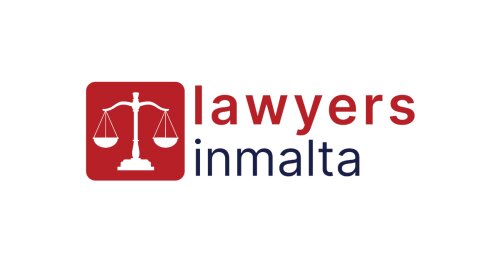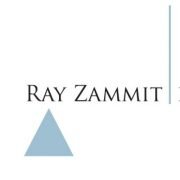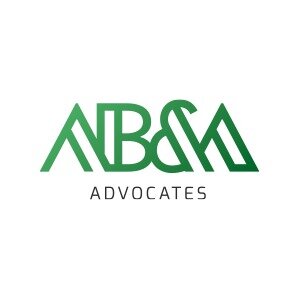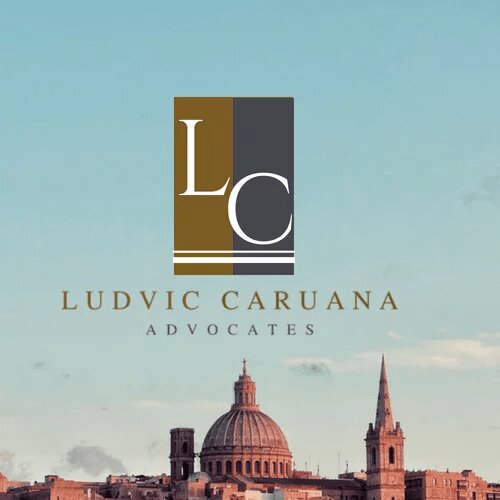Best Native People Lawyers in Valletta
Share your needs with us, get contacted by law firms.
Free. Takes 2 min.
List of the best lawyers in Valletta, Malta
About Native People Law in Valletta, Malta
Valletta, Malta's capital city, is steeped in rich history and culture. While Malta itself doesn't have an indigenous population in the same way other countries do, there are legal aspects that pertain to protecting the heritage and rights of local communities. In Valletta, legal provisions ensure the preservation of cultural sites, artifacts, and the traditions of the Maltese people.
Why You May Need a Lawyer
There are several situations where individuals may require legal assistance in matters related to Native People in Valletta, Malta:
- Disputes over land or property that hold cultural significance.
- Protection and repatriation of historical artifacts and cultural heritage.
- Issues related to cultural rights and preservation efforts.
- Legal concerns involving the transmission of traditional knowledge and practices.
- Working with governmental bodies to ensure compliance with heritage protection laws.
- Navigating legal barriers in community-led initiatives aimed at cultural preservation.
Local Laws Overview
The primary laws in Valletta, Malta that impact Native People and cultural heritage include:
- Heritage Act: This law governs the protection and preservation of Malta's national heritage, including sites of cultural importance in Valletta.
- Environmental Protection Act: This legislation includes provisions for the conservation of cultural landscapes that are significant to the local community.
- Cultural Heritage Act: Focuses specifically on the safeguarding of cultural properties and intangible heritage, ensuring that native traditions and artifacts are preserved and respected.
- Planning and Development Act: This act includes guidelines for urban development, ensuring that new projects do not harm significant historical and cultural sites.
Frequently Asked Questions
What is considered cultural heritage in Valletta, Malta?
Cultural heritage in Valletta includes historical buildings, sites, artifacts, and intangible practices such as traditional crafts, music, and festivals that reflect the Maltese way of life.
How can I protect a culturally significant site in Valletta?
If you wish to protect a culturally significant site, you can work with the Superintendence of Cultural Heritage and comply with the Heritage Act regulations to ensure it is legally protected.
What should I do if I find an artifact?
If you discover an artifact, you are required to report it to the superintendence of Cultural Heritage. Removing or keeping such artifacts without reporting is against the law.
Are there restrictions on developing land in historic areas?
Yes, there are strict regulations under the Planning and Development Act, which aim to preserve Valletta's historic and cultural integrity. Any development needs approval from relevant authorities.
Can native communities veto urban development projects?
While local communities can not directly veto projects, they can participate in public consultations and express their concerns, which authorities are obliged to consider.
What legal rights do Maltese people have to preserve their culture?
Maltese people have various legal rights under the Cultural Heritage Act to preserve and transmit their traditional practices and protect their cultural artifacts and sites.
How can I get involved in cultural preservation efforts?
You can volunteer or work with organizations dedicated to cultural preservation, participate in public consultations, and collaborate with local authorities on heritage projects.
What governmental bodies oversee cultural preservation in Valletta?
The main bodies include the Superintendence of Cultural Heritage, the Planning Authority, and the Environment and Resources Authority.
Can I access legal aid for cultural preservation issues?
Yes, there are legal aid services available, and some non-profit organizations offer assistance for legal issues related to cultural preservation.
Are there any tax incentives for preserving cultural heritage in Valletta?
Yes, there might be tax incentives and grants available for projects involving the restoration and preservation of cultural heritage sites.
Additional Resources
Here are some resources and organizations that can assist you:
- Superintendence of Cultural Heritage: Oversees the protection of cultural heritage in Malta.
- Planning Authority: Manages development planning in Malta, ensuring preservation of cultural sites.
- Environment and Resources Authority: Includes cultural landscape conservation within its remit.
- Maltese Cultural Heritage NGOs: Various non-governmental organizations dedicated to preserving Maltese history and culture.
Next Steps
If you require legal assistance related to native people and cultural heritage in Valletta, Malta, consider the following steps:
- Research and reach out to a lawyer specializing in cultural heritage law.
- Contact the Superintendence of Cultural Heritage for guidance and support.
- Participate in public consultations and engage with local governance on cultural preservation issues.
- Utilize resources from NGOs and other cultural preservation groups for additional support and information.
Taking these steps can help you navigate legal challenges and contribute to the preservation of Valletta's rich cultural heritage.
Lawzana helps you find the best lawyers and law firms in Valletta through a curated and pre-screened list of qualified legal professionals. Our platform offers rankings and detailed profiles of attorneys and law firms, allowing you to compare based on practice areas, including Native People, experience, and client feedback.
Each profile includes a description of the firm's areas of practice, client reviews, team members and partners, year of establishment, spoken languages, office locations, contact information, social media presence, and any published articles or resources. Most firms on our platform speak English and are experienced in both local and international legal matters.
Get a quote from top-rated law firms in Valletta, Malta — quickly, securely, and without unnecessary hassle.
Disclaimer:
The information provided on this page is for general informational purposes only and does not constitute legal advice. While we strive to ensure the accuracy and relevance of the content, legal information may change over time, and interpretations of the law can vary. You should always consult with a qualified legal professional for advice specific to your situation.
We disclaim all liability for actions taken or not taken based on the content of this page. If you believe any information is incorrect or outdated, please contact us, and we will review and update it where appropriate.
















